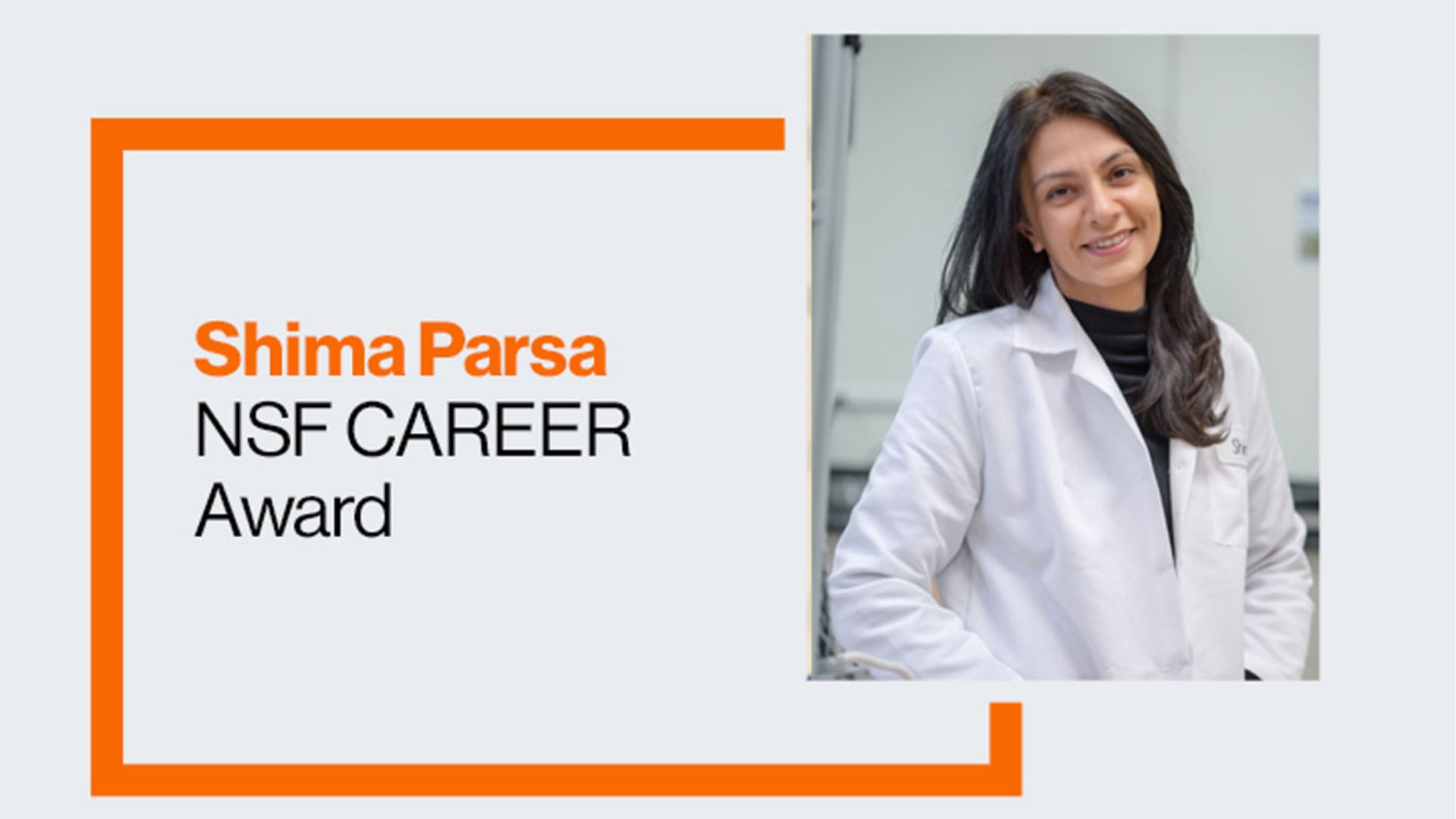Local News
National Science Foundation recognizes RIT’s Shima Parsa with CAREER Award for advancing soft matter physics and education

Rochester, New York – Rochester Institute of Technology is celebrating a major achievement in its School of Physics and Astronomy, as Assistant Professor Shima Parsa has been awarded a National Science Foundation (NSF) Faculty Early Career Development (CAREER) Award. The highly competitive award will support her groundbreaking research in experimental soft matter physics and offer new learning opportunities for RIT students.
The NSF CAREER Award is one of the most prestigious honors given to early-career faculty in science and engineering across the United States. Each year, thousands of proposals are submitted, but only around 500 are selected. The award recognizes faculty who demonstrate strong potential as both scholars and educators, and whose work shows promise in advancing their discipline while inspiring future generations.
Parsa’s research focuses on the behavior of soft particles—like droplets, gels, and biological materials—as they move through confined environments. By using advanced optical microscopy techniques, she and her team explore how these particles flow, transport, or become clogged under specific conditions. The goal is to better understand the physical interactions on the microscale that can lead to much larger effects.
“The area of soft matter physics addresses many problems that are impossible to study numerically,” explained Parsa. “We create test cases in my lab tuning one variable at a time to figure out how the interactions at the micro scale result in large scale phenomena.”
Soft matter physics may sound like a niche topic, but its applications span multiple industries. Insights from this research can be used to improve processes in the food and chemical industries, pharmaceutical development, and more. For instance, learning how to control clogging in particle flow can benefit everything from drug manufacturing to beverage production.
But the impact of Parsa’s work goes beyond lab results. A key part of the NSF CAREER Award is its emphasis on education and community building. Parsa’s project includes hands-on involvement for RIT graduate students, who will learn how to design and run experiments, build lab components, and analyze data. These students won’t just be watching from the sidelines—they’ll be directly shaping the research.
“As physicists we are very good at preparing students to go to graduate school, but students aren’t focusing on a lot of soft skills that are required in industry,” said Parsa. “We will look at how students can prepare themselves from day one that they arrive on campus, and at building a community for graduate students while learning how to apply for jobs, build resumes, and pitch ideas.”
Parsa understands the importance of preparing students for careers beyond academia. She notes that many of her former students have gone on to secure high-paying jobs in industry, where communication, teamwork, and leadership are just as important as technical knowledge. As part of her educational initiative, she aims to help students develop these professional skills early in their academic careers.
“I’m really looking forward to giving the next generation the opportunity to get good jobs,” said Parsa.
The CAREER Award not only validates the significance of Parsa’s work but also highlights RIT’s growing role in cutting-edge research and student development. With this support, she plans to continue pushing the boundaries of soft matter physics while mentoring the future scientists and engineers who will take these ideas even further.

-

 Local News12 months ago
Local News12 months agoNew ALDI store close to Rochester to begin construction in late 2025 or early 2026
-

 Local News12 months ago
Local News12 months agoRochester Lilac Festival announces exciting 127th edition headliners
-

 Local News10 months ago
Local News10 months agoCounty Executive Adam Bello and members of the county legislature celebrate exceptional young leaders and advocates at the 2025 Monroe County Youth Awards
-

 Local News10 months ago
Local News10 months agoThe 2025 Public Market Food Truck Rodeo series will begin this Wednesday with live music by the Royal Bromleys